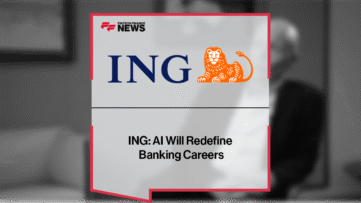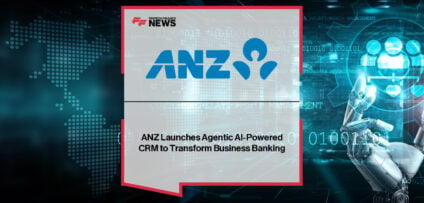Breaking News

The Rise of Fintech in the Banking Industry
Fintech companies are disrupting traditional banking, and banks are responding to this disruption. Consumers are benefiting from lower fees and more convenient services, but fintech companies face challenges such as regulatory hurdles and cybersecurity risks. In this article, we will explore the rise of fintech in the banking industry, the disruption of traditional banking, how banks are responding to fintech disruption, the benefits of fintech for consumers, and the challenges faced by fintech companies.
Rise of Fintech in the Banking Industry
Fintech companies are changing the way that banking is done. They are using technology to provide financial services that are faster, cheaper, and more convenient than traditional banking. Fintech companies are disrupting traditional banking by offering services such as mobile payments, peer-to-peer lending, and robo-advisors.
Disruption of Traditional Banking
The disruption of traditional banking is being driven by fintech companies. These companies are using technology to provide financial services that are faster, cheaper, and more convenient than traditional banking. Fintech companies are also able to offer services that traditional banks cannot, such as mobile payments and peer-to-peer lending.
Banks Respond to Fintech Disruption
Banks are responding to fintech disruption by investing in technology and partnering with fintech companies. Banks are also developing their own fintech products and services to compete with fintech companies. Some banks are even acquiring fintech companies to gain access to their technology and expertise.
Benefits of Fintech for Consumers
Consumers are benefiting from the rise of fintech. Fintech companies are offering services that are faster, cheaper, and more convenient than traditional banking. Consumers are also able to access financial services that were previously unavailable to them, such as mobile payments and peer-to-peer lending.
Challenges Faced by Fintech Companies
Fintech companies face challenges such as regulatory hurdles and cybersecurity risks. Regulatory hurdles can make it difficult for fintech companies to operate in certain markets. Cybersecurity risks can also be a challenge for fintech companies, as they are often targeted by hackers.
Conclusion
The rise of fintech in the banking industry is changing the way that banking is done. Fintech companies are disrupting traditional banking, and banks are responding to this disruption. Consumers are benefiting from lower fees and more convenient services, but fintech companies face challenges such as regulatory hurdles and cybersecurity risks. As the fintech industry continues to grow, it will be interesting to see how banks and fintech companies continue to compete and collaborate.
- Lüt Announces Strategic Partnership with Safe Harbor to Expand Access to Compliant Closed-Loop Payments for Cannabis and Specialty Merchants Read more
- Figure Partners with moomoo and Keplr to Expand Global Access to the On-chain Public Equity Network (OPEN) Read more
- OneDome Raises $25M Pre-Series C, Bringing Total Funding to $40M Read more
- intelliflo and Söderberg & Partners Form Strategic Partnership to Drive Adviser Efficiency Read more
- Axiology Secures €5 Million Seed Funding to Accelerate the Modernisation of Europe’s Capital Markets Read more

















